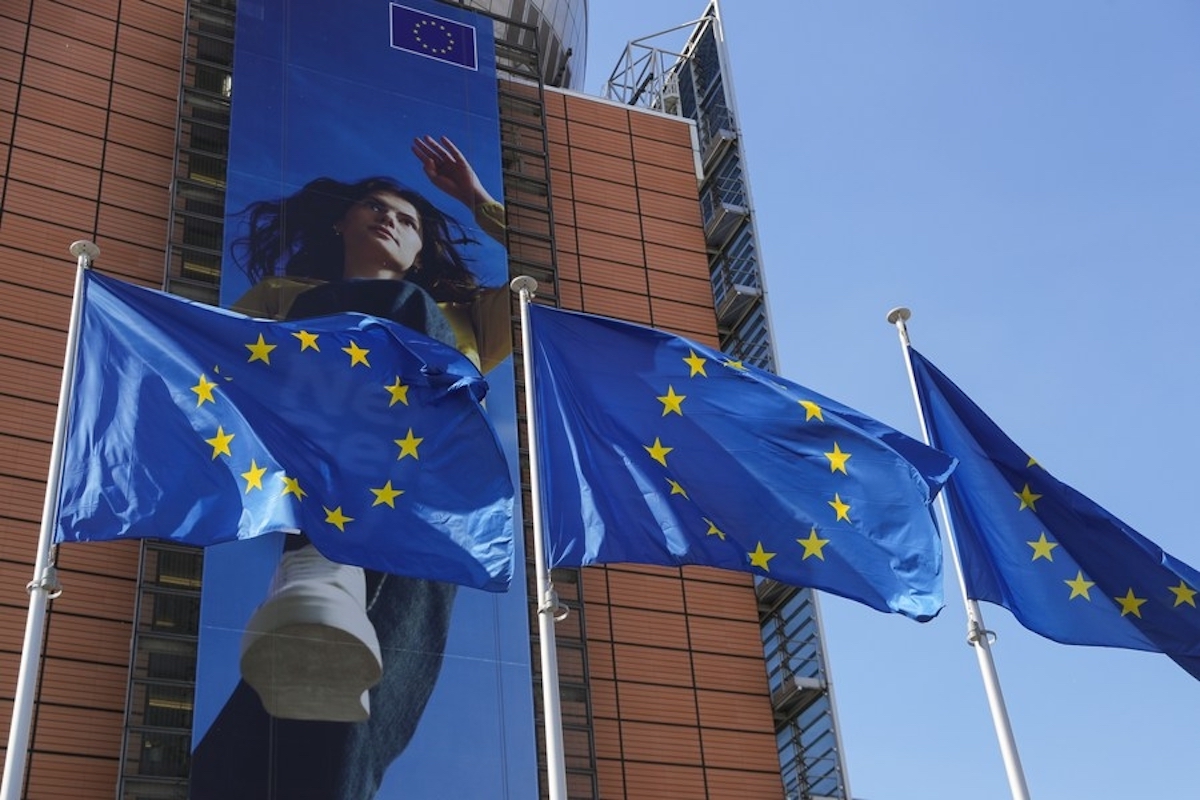Putin open to contact with Trump after January 20: Kremlin
Russian President Vladimir Putin would welcome contact with Donald Trump if Trump's political will remains after his inauguration as US president on January 20, said the Kremlin on Thursday.
The European Union (EU) announced earlier this week that by the end of the year, 90% of oil imports from Russia will be banned, putting a strain on the Russian economy in the midst of the high-profile Ukraine issue.

(File Photo)
The European Union (EU) announced earlier this week that by the end of the year, 90% of oil imports from Russia will be banned, putting a strain on the Russian economy in the midst of the high-profile Ukraine issue.
However, the measure, which is part of a broader set of sanctions, is expected to raise energy costs even more while exposing political schisms inside the 27-nation bloc, according to experts.
Advertisement
The European leaders’ decision only affects Russian oil imported by sea, with a temporary exception for pipeline oil. This exemption from the prohibition benefits Hungary, a landlocked EU member that imports nearly all of its crude from Russia via pipelines, according to the Xinhua news agency.
Advertisement
Despite the exemption granted to Hungary, European Commission President Ursula von der Leyen stated that the embargo will still apply to the majority of Russian oil imports into the EU.
However, there is a price to pay for this decision. Consumer prices in the eurozone increased by a record 8.1 per cent in May, following a 7.4 per cent increase in April, according to official statistics from the European Commission.
According to experts, the major variables contributing to the huge price increase were directly or indirectly tied to energy costs: transportation, industry, agriculture, and supply chain concerns.
Many analysts believe that cutting off most Russian oil shipments will put more upward pressure on prices.
Oil prices have already risen as a result of the European leaders’ decision, with contracts for July deliveries up 3.5 per cent on Monday, the day the Commission announced its decision.
According to media reports, the exemption granted to energy-scarce Hungary is evidence of widening rifts between EU member states. Other countries may be enticed to seek special exclusions in future rulings as a result of this decision.
Hungary, Italy, and the Czech Republic joined Hungary and the rest of the EU in pushing for a diplomatic solution to the Ukraine conflict rather than a policy centred on continuing to assist Ukraine with finances and armaments.
This did not stop European leaders from agreeing to supply Ukraine with an additional 9 billion euros ($9.6 billion) in funding this week.
The current batch of penalties includes a block on Russian assets outside of the country and the exclusion of Russia’s largest bank, Sberbank, from the international SWIFT system.
Some Russian broadcasters have also been barred from commercially disseminating their programmes in the EU.
On Wednesday, all 27 EU member states voted in favour of the changes.
The European Council President, Charles Michel, described the accord reached this week as a “great achievement.”
Analysts, however, believe that future rounds of penalties on Russia would be increasingly difficult to achieve due to rising differences among member states.
(Inputs from IANS)
Advertisement